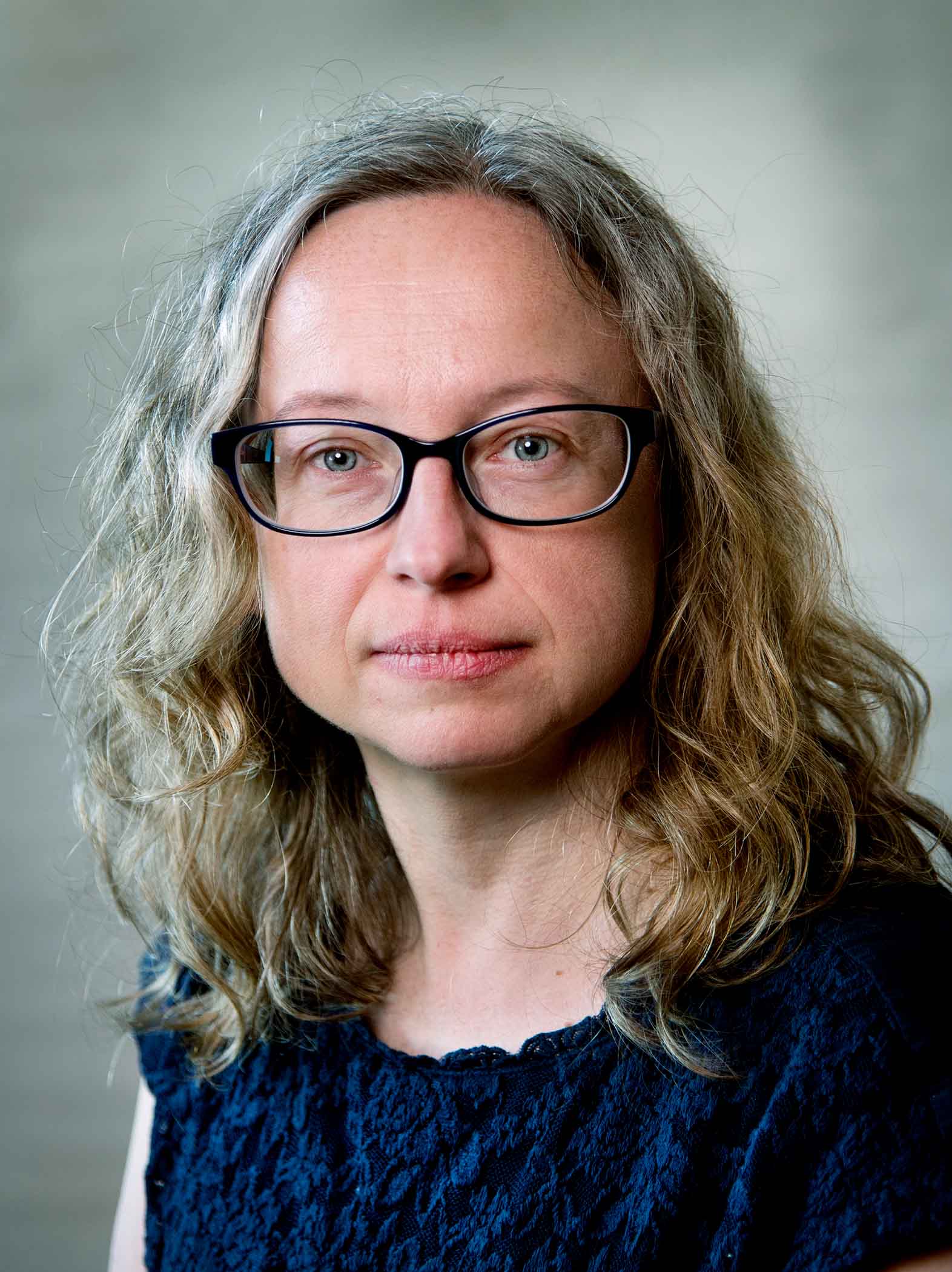Dr. Sylwia Szymańska-Smolkin is a researcher at the Department of Historical and Contemporary Studies at Södertörn University in Sweden. Her project focuses on the role of Jewish couriers in establishing networks between Jewish communities during World War II. She was previously a Postdoctoral Research Fellow in Holocaust Studies at the Uppsala University’s Hugo Valentin Centre. She holds PhD degrees in History and Jewish Studies from the University of Toronto. Her dissertation examined the complicity of Polish policemen in the Holocaust. Dr. Szymańska-Smolkin has taught at the University of Toronto, York University, University of Warsaw, and Uppsala University. Her research has been supported by the International Ephraim E. Urbach Post-Doctoral Fellowship in Jewish Studies, Social Sciences and Humanities Research Council, Canadian Friends of the Hebrew University, and the Foundation for Baltic and Eastern European Studies.
PhD Institution: University of Toronto
Research Topic during the Fellowship: The Polish Police and their dealings with the Jewish population during WWII
Current Position: Researcher at Södertörn University

